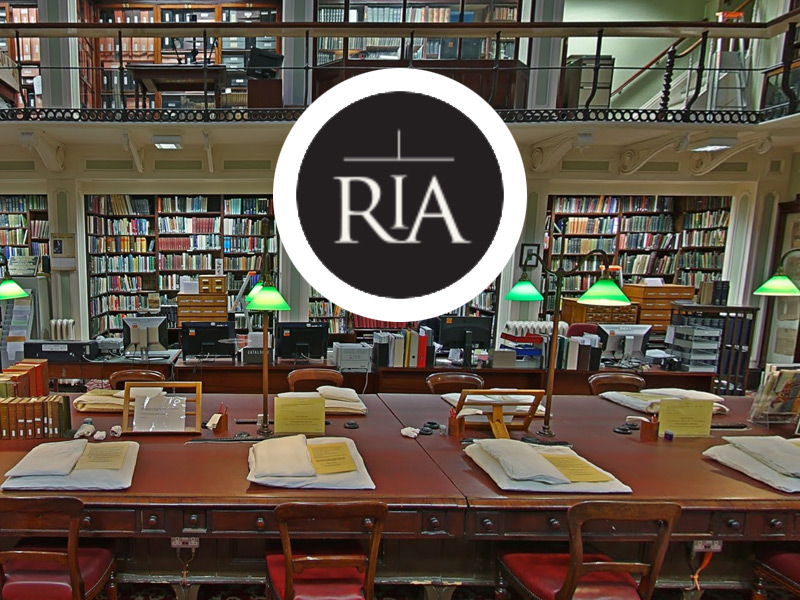The REFORM Group will hold a
SEMINAR TO COMMEMORATE THE SIGNING INTO LAW OF THE HOME RULE ACT
18 September 1914
Speakers:
Keynote address by John Bruton, former Taoiseach and former EU ambassador to the United States.
Dermot Meleady, author of John Redmond: The National Leader and Redmond: The Parnellite.
Prof. Eunan O’Halpin, Professor of Contemporary Irish History, Trinity College Dublin, author of Defending Ireland: The Irish State and its Enemies since 1922.
Professor Emeritus Ronan Fanning, University College Dublin, author of Fatal Path.
Chairman: Patrick Maume, author of The Long Gestation.
ROYAL IRISH ACADEMY
19 Dawson St. Dublin 2
Thursday, 18 September 2014, 10:00 – 13:00
Entry: free. There will be a collection to defray expenses.
On 18 September 1914, six weeks into the Great War, King George V signed the Home Rule Act into law. The Act provided for the setting up of an Irish parliament with an accountable executive, empowered to govern all internal Irish affairs under the overall supremacy of the Westminster Imperial parliament.
It was the climax of a parliamentary process that had begun in April 1912 with the introduction of the Third Home Rule Bill. It was also the culmination of a 40-year struggle waged by constitutional Irish nationalists in the Westminster parliament with the democratic backing of the great majority of Irish nationalist electors.
It was thus a victory for the Irish Parliamentary Party and its leader, John Redmond, the heir of Parnell and O’Connell. Redmond was expected on all sides to be the first prime minister of a self-governing Ireland.
Only two obstacles stood in the way of the Act’s immediate operation. First, with political debate suspended and all attention focused on the War, the setting up of the Irish parliament had to be postponed until the end of the conflict. Second, and more seriously, although partition arrangements to exclude the unionist areas of Ulster from the Act had been discussed, no agreement had been reached. Thus, the precise territorial remit of the Irish parliament-to-be was unclear.
The placing of the Home Rule Act on the Statute Book was accepted by Redmond as the fulflment of the promise of ‘the British democracy’ to Ireland, and paved the way for his call to nationalists to repay the ‘debt of honour’ by enlisting in the British forces fighting on the continent – a call answered by 210,000 nationalist and unionist Irishmen. Subsequent eforts to implement the Act were overtaken and sidelined by events – the prolongation of the War, the Easter 1916 rebellion – that few had anticipated, events that compounded the difculties posed by the partition impasse. The Act thus was never implemented in nationalist Ireland. The speakers at this seminar will explore, from diferent viewpoints, the meaning of the Home Rule Act for Ireland, then and now, and such thorny questions as whether its signing deserves to be celebrated – or merely commemorated.
